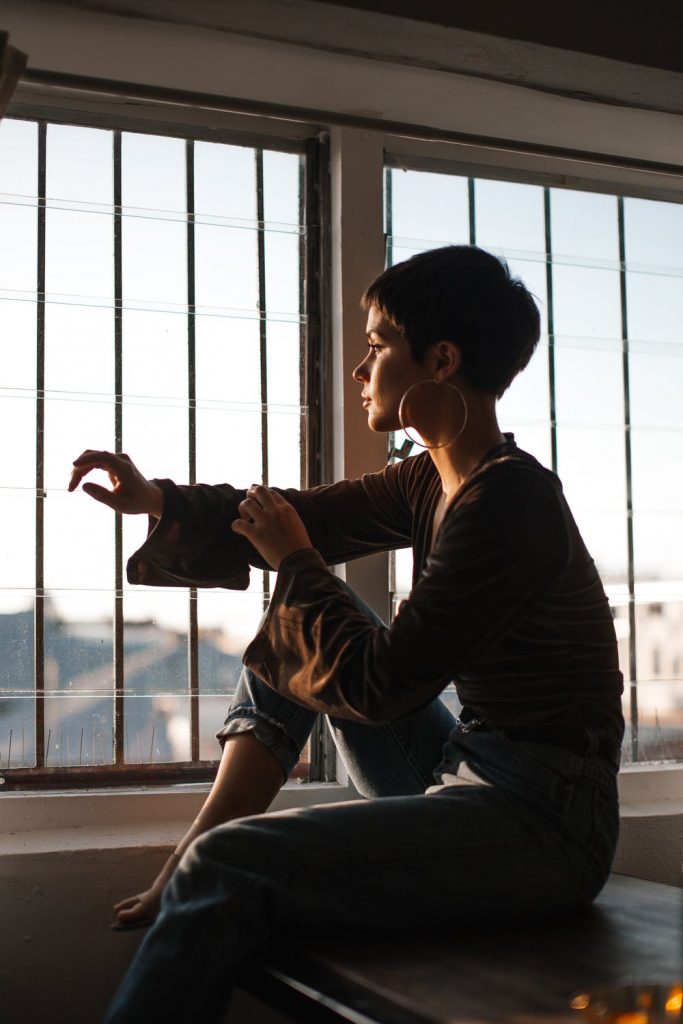
Have you ever read a book that dramatically affected your mood? Maybe it was an autobiography that motivated you to change careers. It could be a book, news story, or movie that simply left you angry. Perhaps it was a novel—or even a song—that gave you the courage to face a problem relationship.
This is where I believe authors, librarians, and booksellers can help. At the minimum, books should provide an escape from whatever bleakness readers face each day.
People of all ages in every nation feel more lonely, alienated, and anxious after our experiences over the last year. Many face job loss, isolation, struggling economies, losing family and friends. Students struggle to maintain grades and continue to develop social skills with hybrid virtual and in-person learning. Plus many extra-curricular activities are canceled. The way students fare is heavily dependent on how parents cope. But adults and kids are losing their purpose.
Statistics show rises in emergency room visits for mental health issues among teens and adults as well as sharp increases in substance abuse.

- Drug overdose deaths surged during the pandemic topping 87,000 in the 12 months through September 2020. (CDC)
- Almost half of adults (47%) report worry or stress from the pandemic that affects their mental health, including 61% of young adults. (March 2021 KFF COVID-19 Vaccine Monitor, Kaiser Family Foundation)
- The number of mental-health-related emergency room visits rose by 24% for 5- to 11-year-olds and 31% for 12- to 17-year-olds between mid-March and mid-October 2020. These increases add to the rising anxiety, depression, and suicide incidents among children and teens before the pandemic. (CDC, based on pediatric ER study in major Texas metro city).
- Two-thirds of 7- to 15-year olds had clinically significant anxiety, depression symptoms, and behavioral problems. Before the pandemic, 30% had anxiety and depression symptoms, and 20% behavioral problems. (Harvard University study of 224 children Nov. 2020-Jan. 2021)
- 3 in 4 parents say COVID19 has negatively impacted their teen’s ability to interact with friends, and 46% of parents say their child has shown signs of a new or worsening mental health condition since the pandemic started. (C.S. Mott Children’s Hospital National Poll on Children’s Health Poll of 977 parents of teens, Mar. 2021)
People are vulnerable. We are susceptible to fear. We’re also susceptible to encouragement and hope.
Thanks to Hollywood filmmakers, many of our new movie choices include murder, fatal illness, serial killers, scams, and dystopian worlds-one where people are shut out of their town.
Conflict is a basic component of every book (or movie). Authors are taught to include conflict in every scene; even on every page. Conflict on the page can transfer the same conflict and emotions to readers. Hate. Fear. Mistrust. When authors carefully craft how their characters deal with conflict on the page, I believe readers can absorb similar approaches. Smart reactions without hate and violence can positively impact readers’ moods; perhaps offer optimism and hope. Authors have a voice. Think about what readers will hear and use that voice responsibly.
A vulnerable customer base opens an incredible opportunity for librarians and booksellers to make a difference. Feature books that encourage hope. Promote non-fiction and fiction that inspire people toward peaceful resolutions—no matter if the story’s main conflict happens in ancient history, today, or in a futuristic world. Share lists and recommendations on social media to reach more readers. Use the power of persuasion so storytelling can impact conflict – in only good ways.
The long-term mental effect of the world’s current state on people of all ages is to be determined. I’m calling for authors, librarians, and retailers to recommend books to keep the mood hopeful and optimistic. The individual impact may feel small, but together, our hopeful voices can make a difference.
Uplifting and feel-good books:
Add your feel-good book recommendations to social media and I’ll add them to this list.
- (book for librarians, authors, retailers that explains the effect of “high conflict” on people) High Conflict: Why We Get Trapped and How We Get Out, Amanda Ripley, Simon & Schuster
- 15 feel-good books guaranteed to lift your spirits, The Washington Post, Oct. 20, 2020
- 50 happy books to read in 2020, TeachThought, May 24, 2020
- 14 of the best feel-good books, Good Housekeeping, May 27, 2020
- Reading as self-care: Snuggle up with one of these uplifting novels, Get Literary, February 17, 2021
- The best uplifting books and feel-good reads, Pan MacMillan, Apr. 2, 2021
- Feel Good Book Lists, Goodreads, updated regularly
Let’s work together to boost the nation’s mood with books!